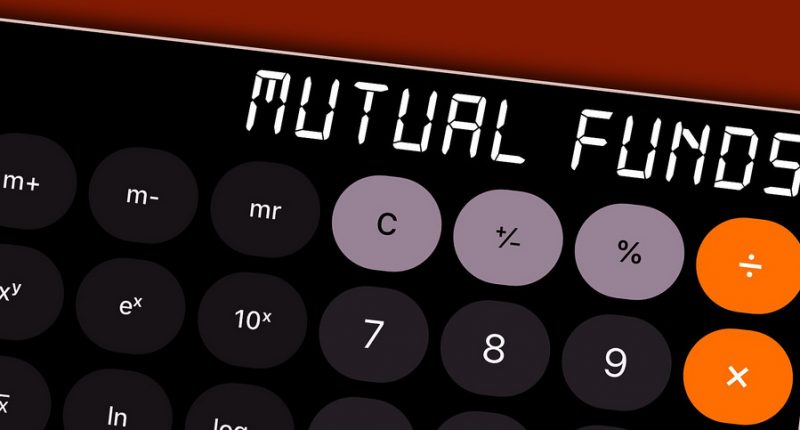Money market funds could be either debt mutual fund schemes, which invest in money market instruments, or a specific category of debt funds, which can invest in debt and money market instruments with a one-year maturity.
Typically, money market instruments include overnight securities (securities maturing overnight) such as tri-party repos, commercial papers (CPs), certificates of deposit (CDs), treasury bills (T-bills), etc. The issuers of money market instruments are the government (T-bills), companies (CPs), and financial institutions (FIs).
Simply put, the money market is part of financial markets which deal with quite short-term fixed-income instruments.
Usually, participants in the money market include banks, financial institutions, institutional investors, corporates, etc. Retail investors also can participate in the money market via debt funds.
However, before investing, an investor should be aware of different types of risks in debt funds.
Basically, there are two types of risks associated with debt funds: interest rate and credit.
The price of debt and money market instruments has an inverse relationship with interest rates. For example, in case of interest rates jump, prices dip, and vice-versa.
Markets regulator the Securities and Exchange Board of India (SEBI) mandates prices of the securities in the scheme portfolio to be marked to market in the scheme net asset value (NAV). This way, if the interest rate falls and prices rise, NAV will increase and vice-versa.
The influence of interest rate changes on the price of a debt or money market instrument changes with maturities. Instruments with longer maturities are most sensitive to interest rate changes, while those with shorter maturities are comparatively less sensitive.
Similarly, the credit risk of debt or money market instruments relates to the issuers’ failure to meet their interest and/ or principal payment obligations, exposing the investor to potential loss of income and/ or capital.
In case the issuer defaults on interest and principal payments, the price of the instrument will be written down permanently as per SEBI’s regulations for mutual funds and the investor may have to face a loss. This is exactly why credit risk is the most damaging risk, as far as debt funds are related.
Ideally, money market funds could be considered as better options for parking excess funds for short durations compared to any savings bank account.

Rajiv is an independent editorial consultant for the last decade. Prior to this, he worked as a full-time journalist associated with various prominent print media houses. In his spare time, he loves to paint on canvas.





